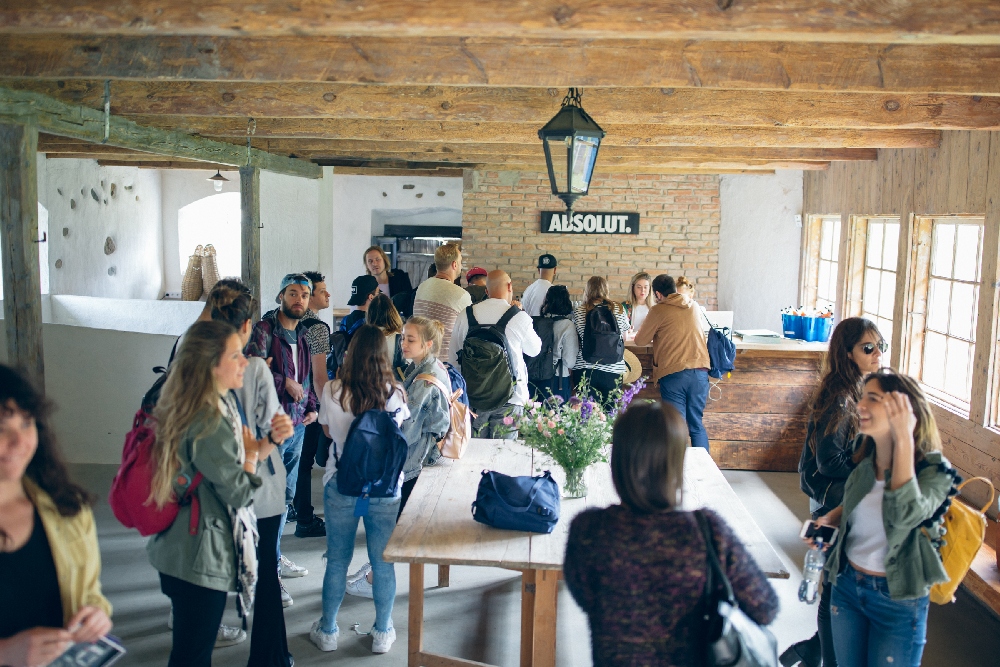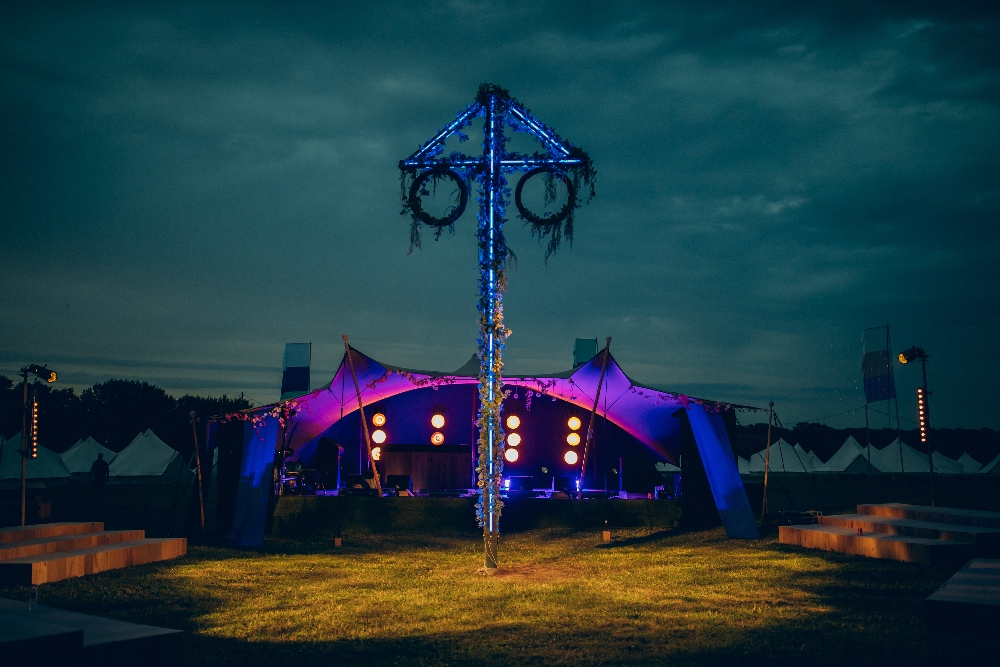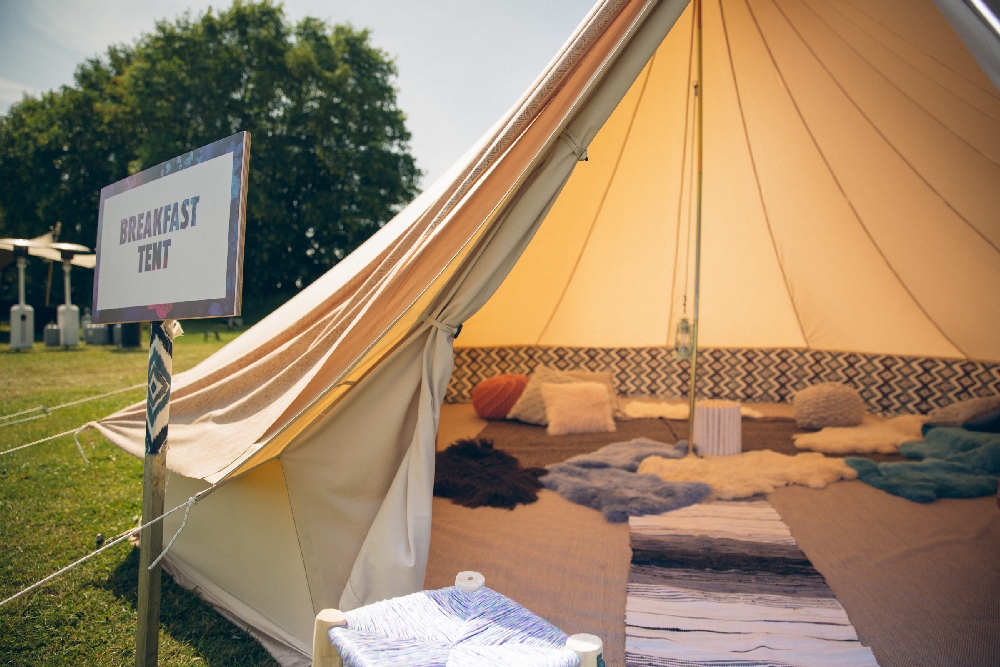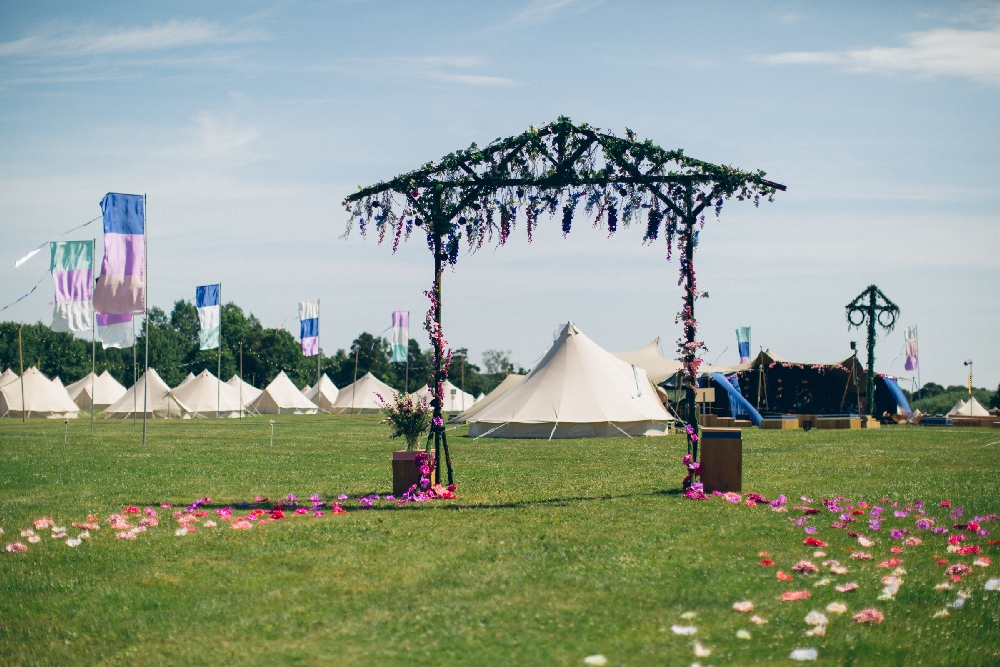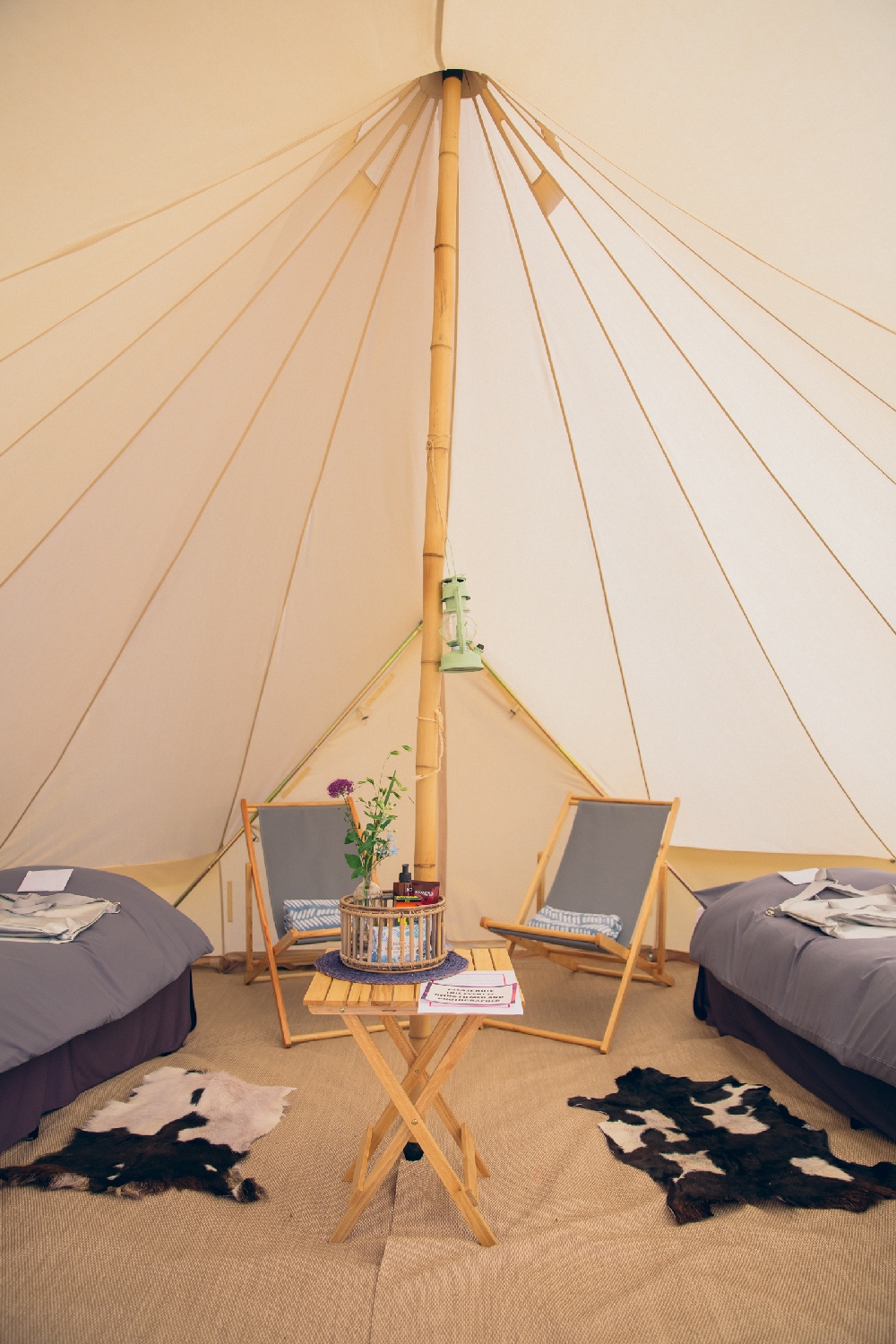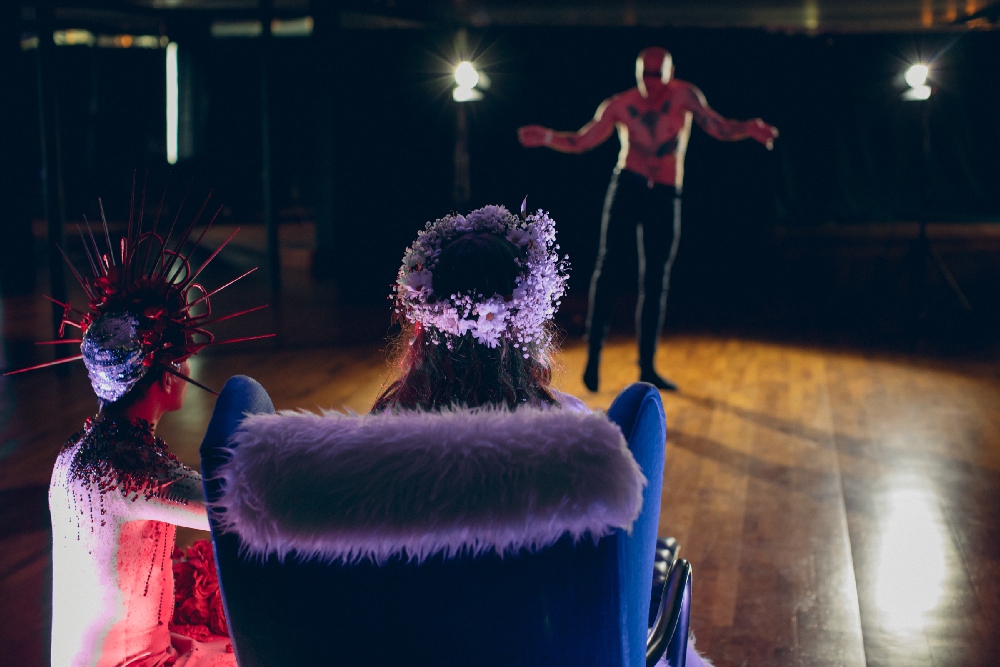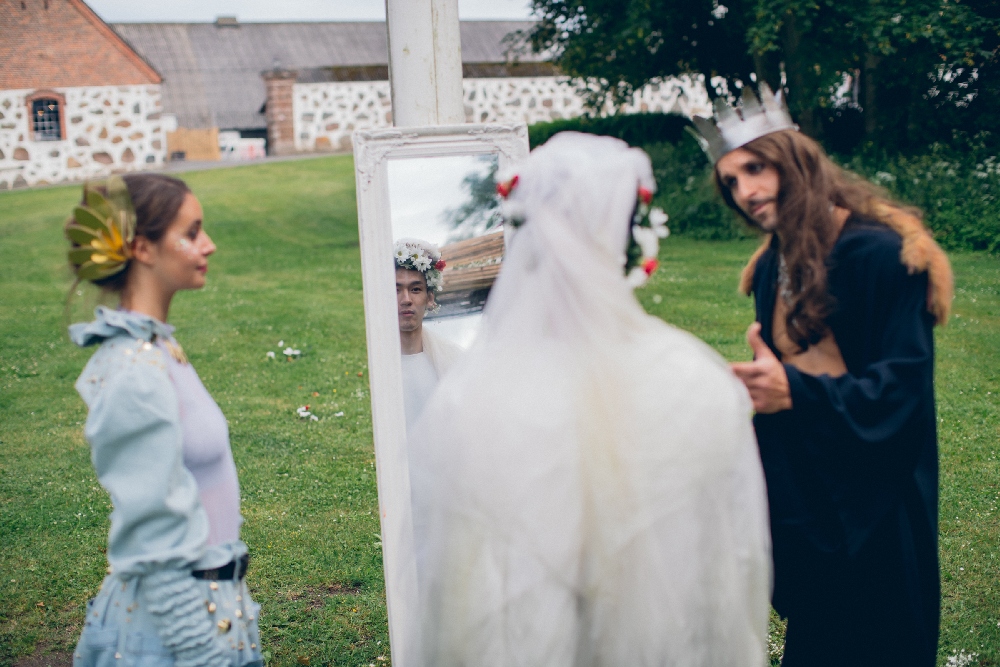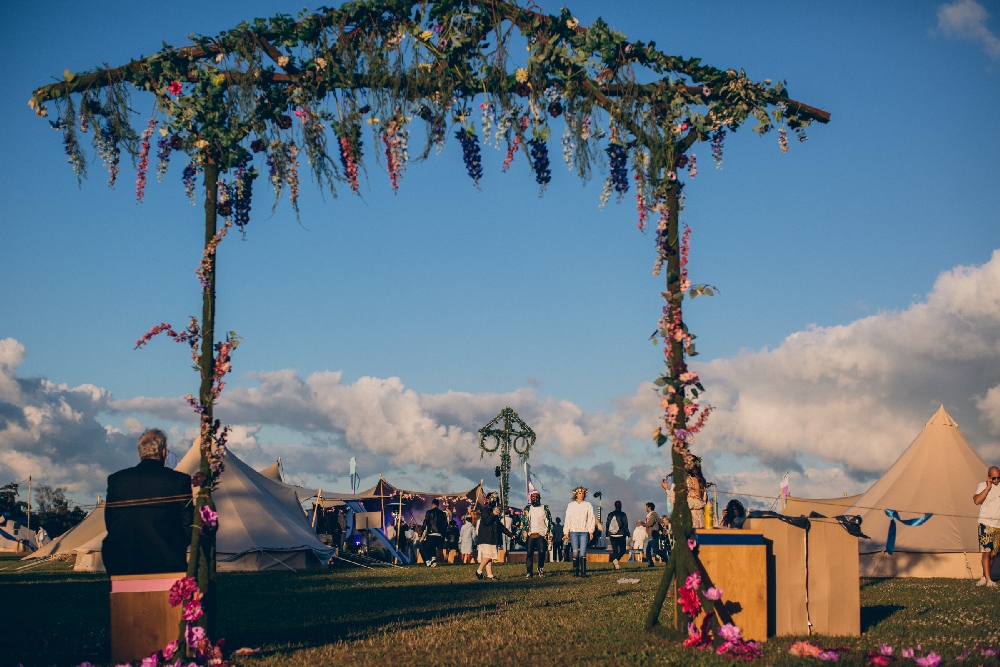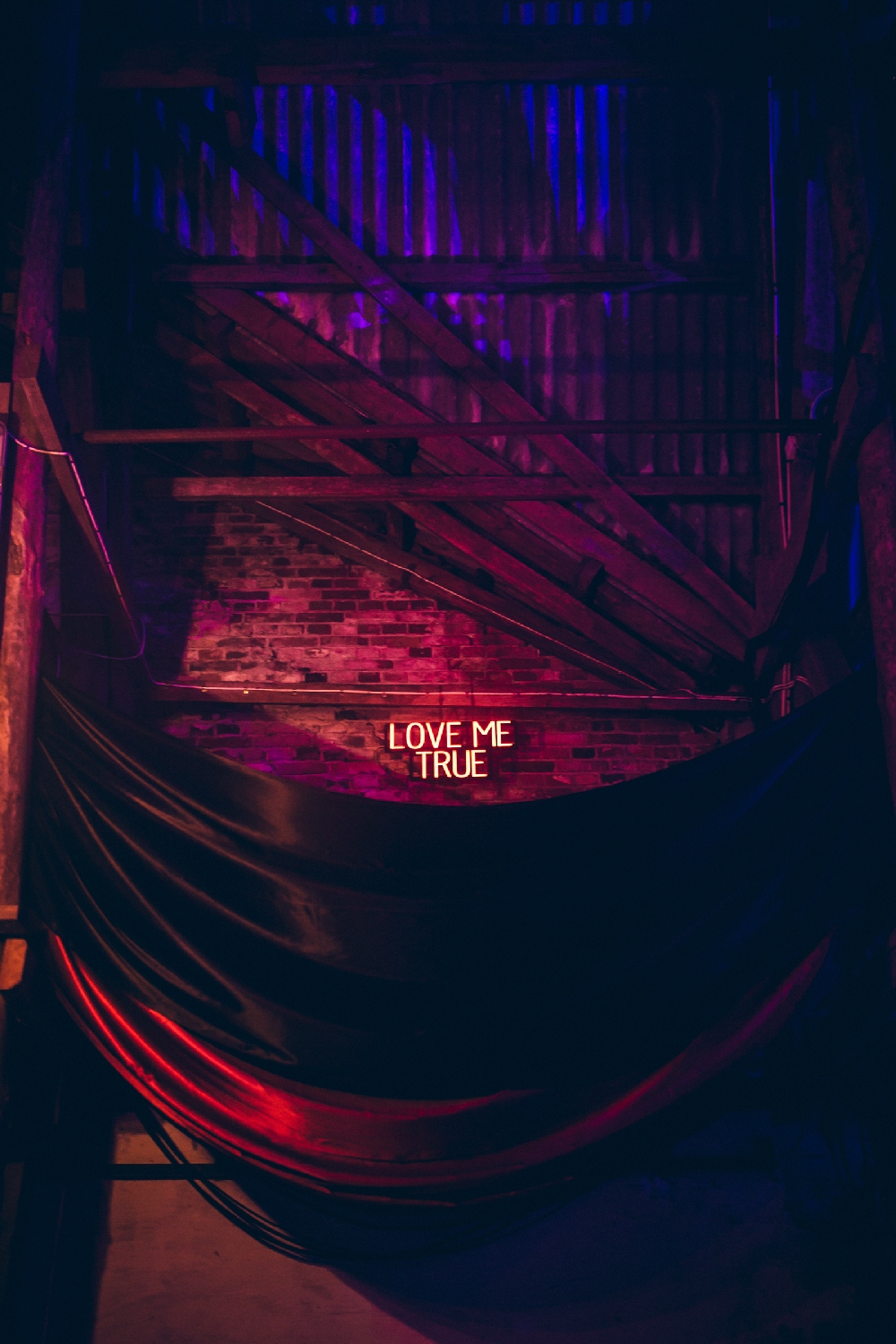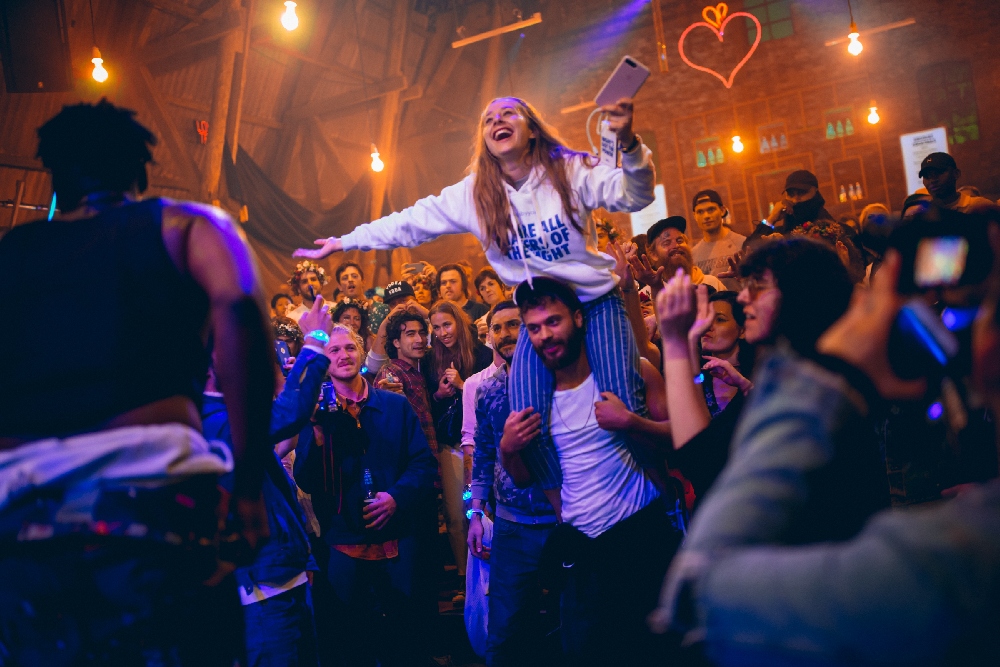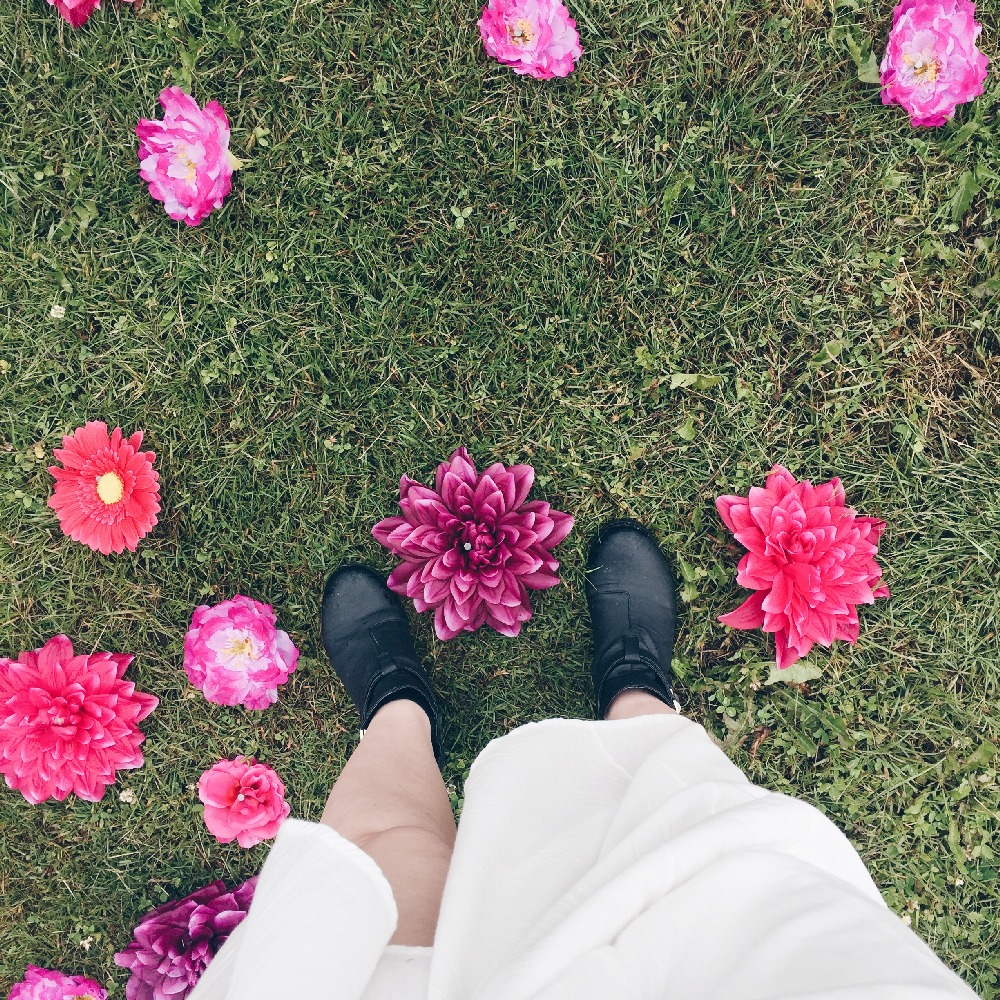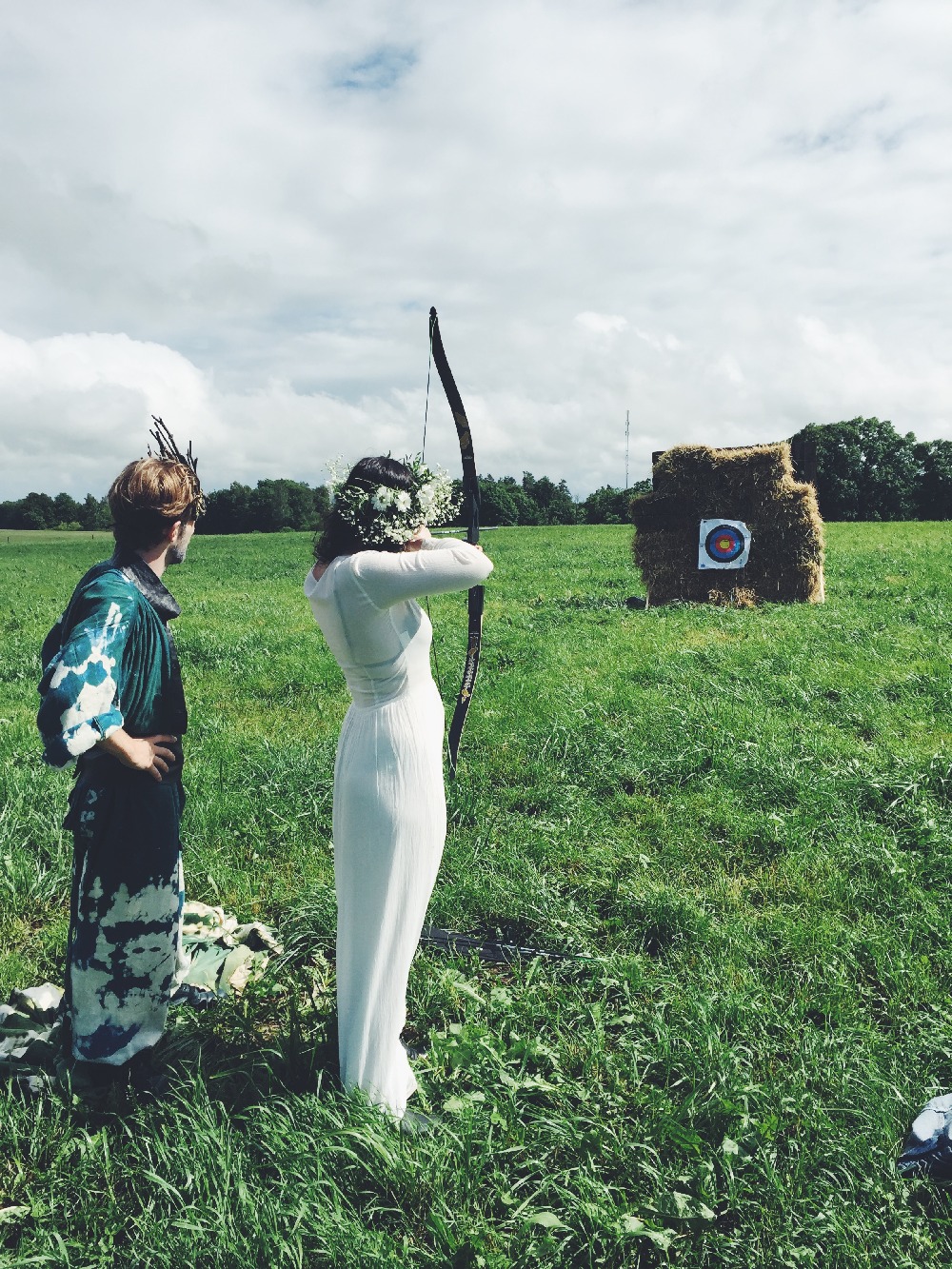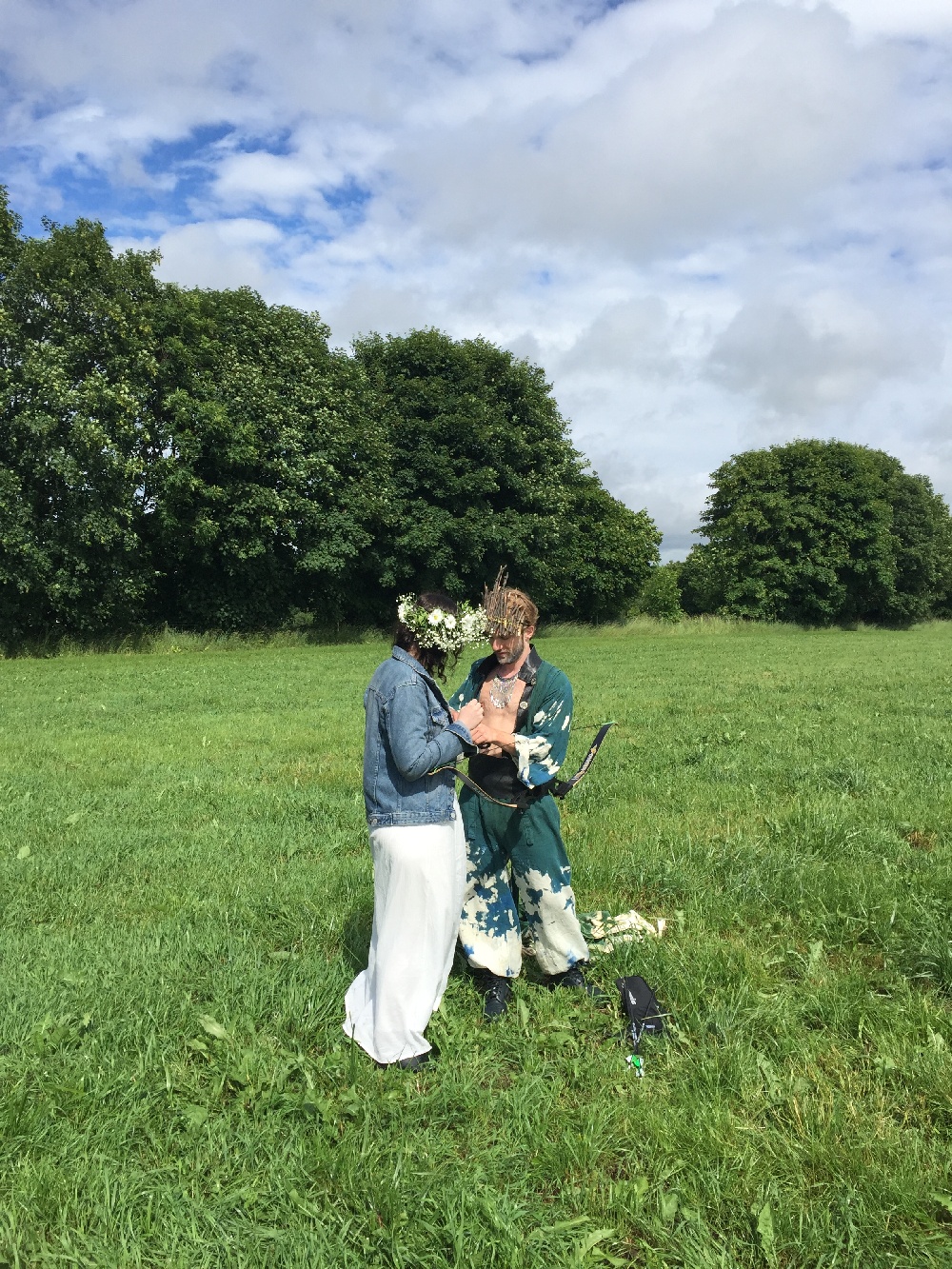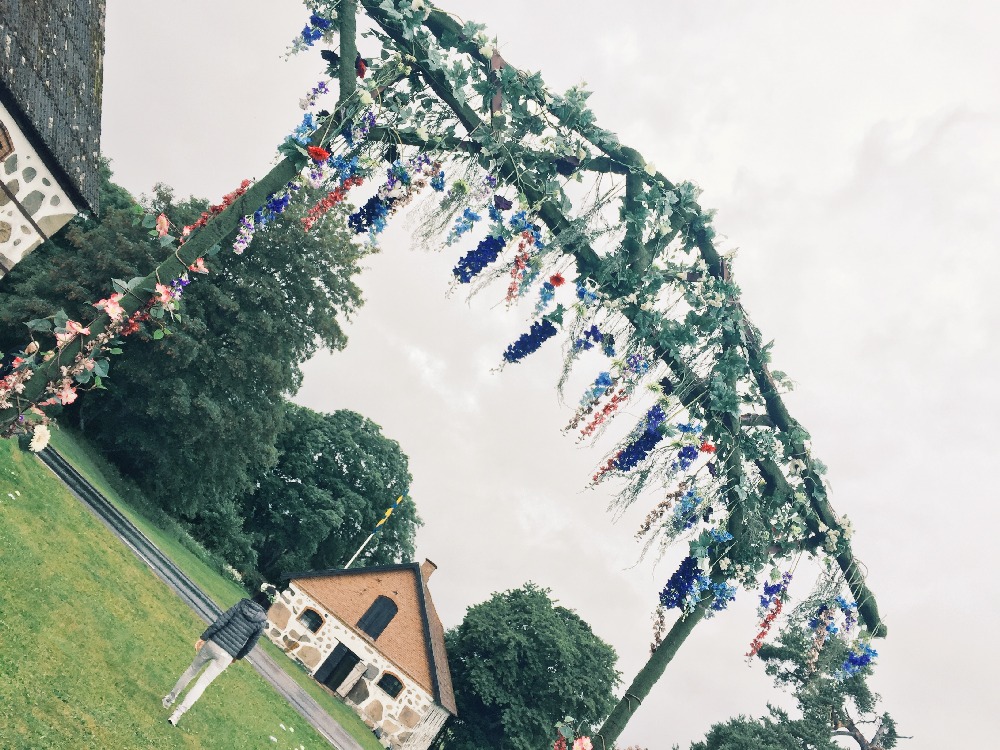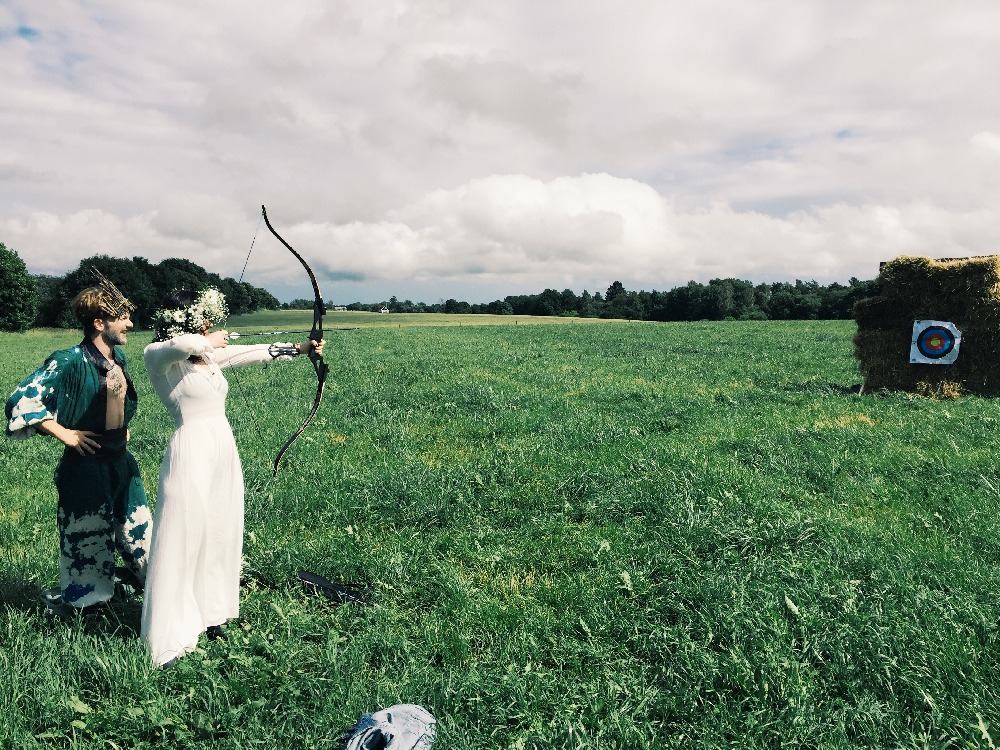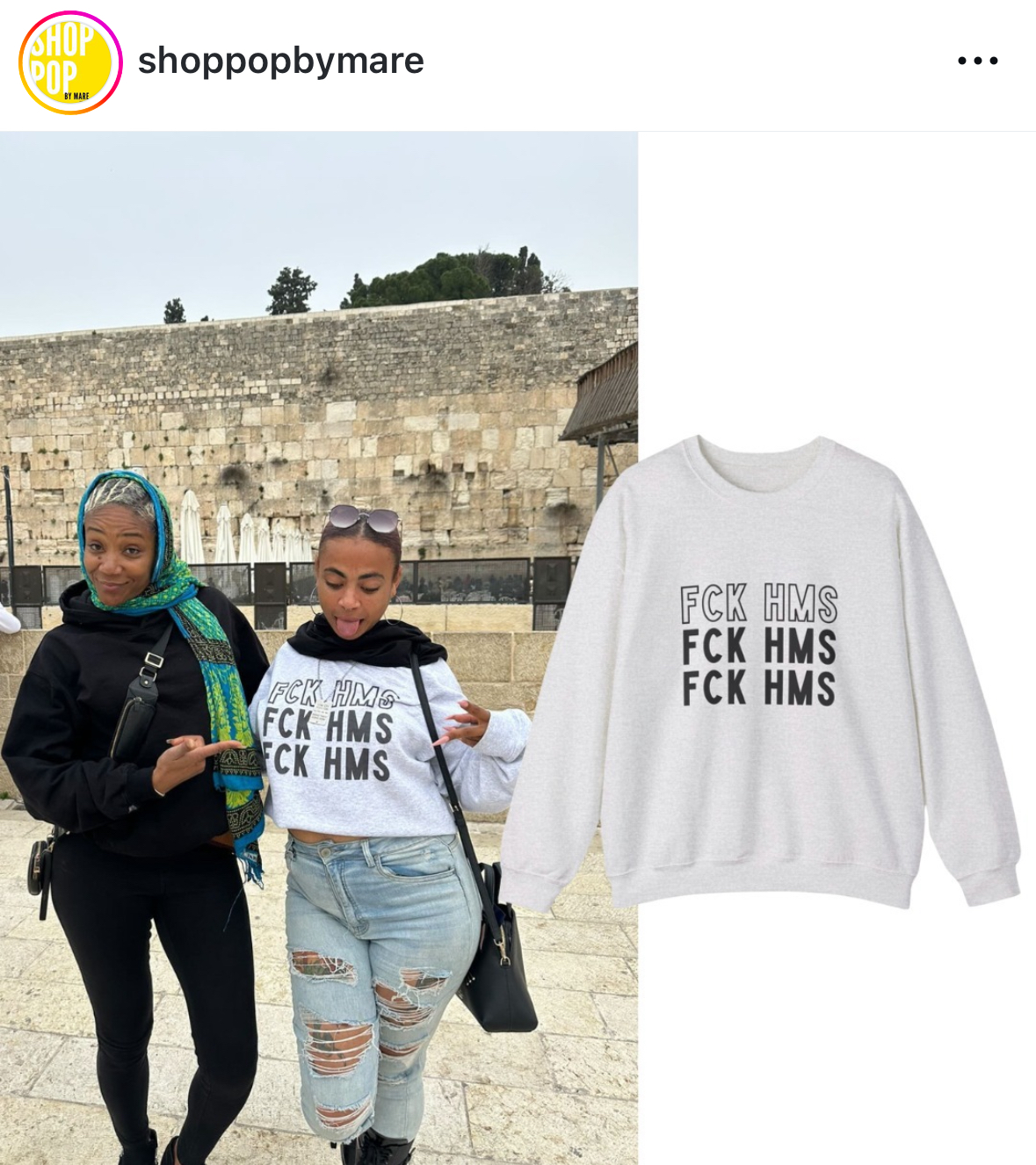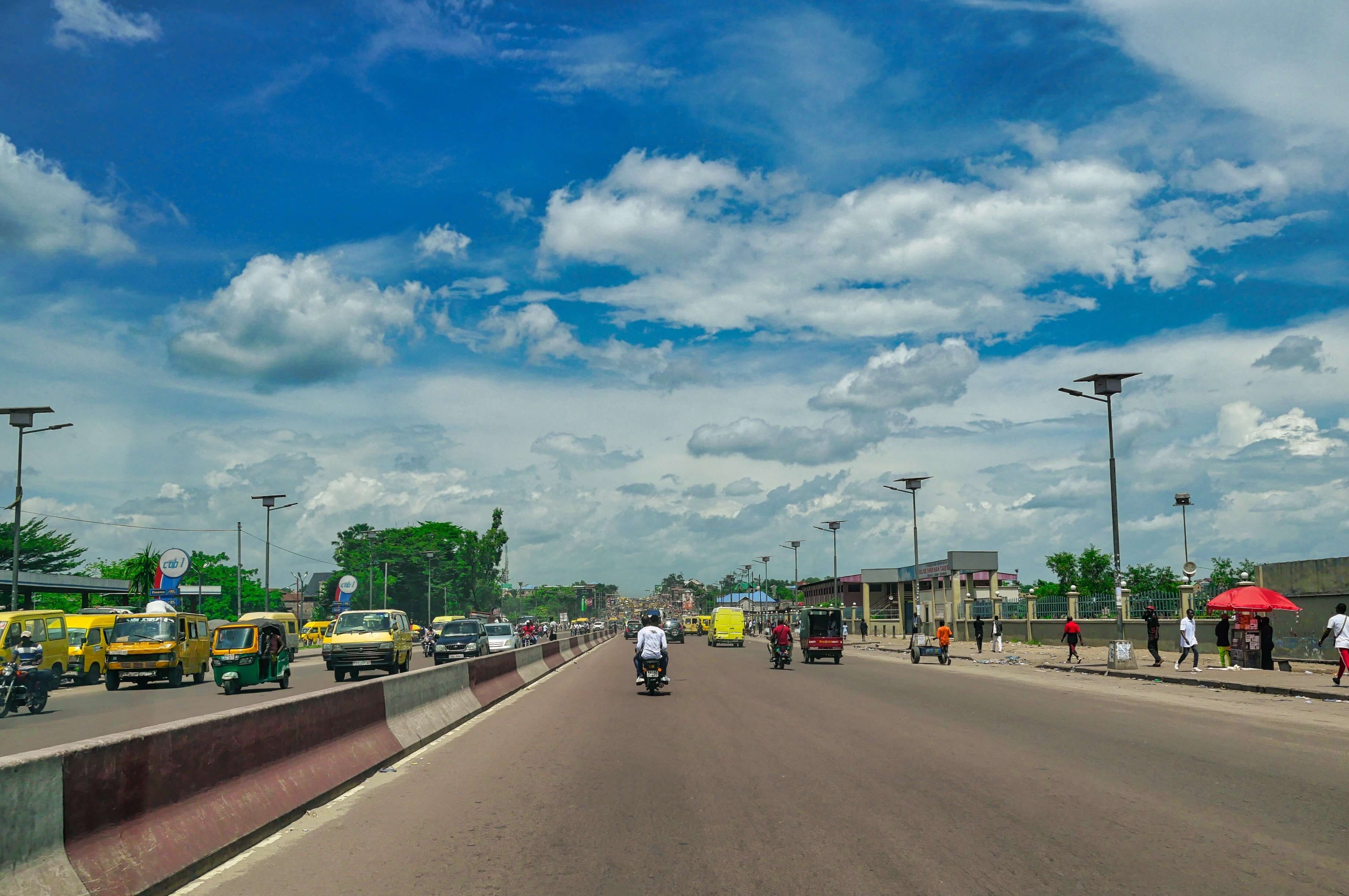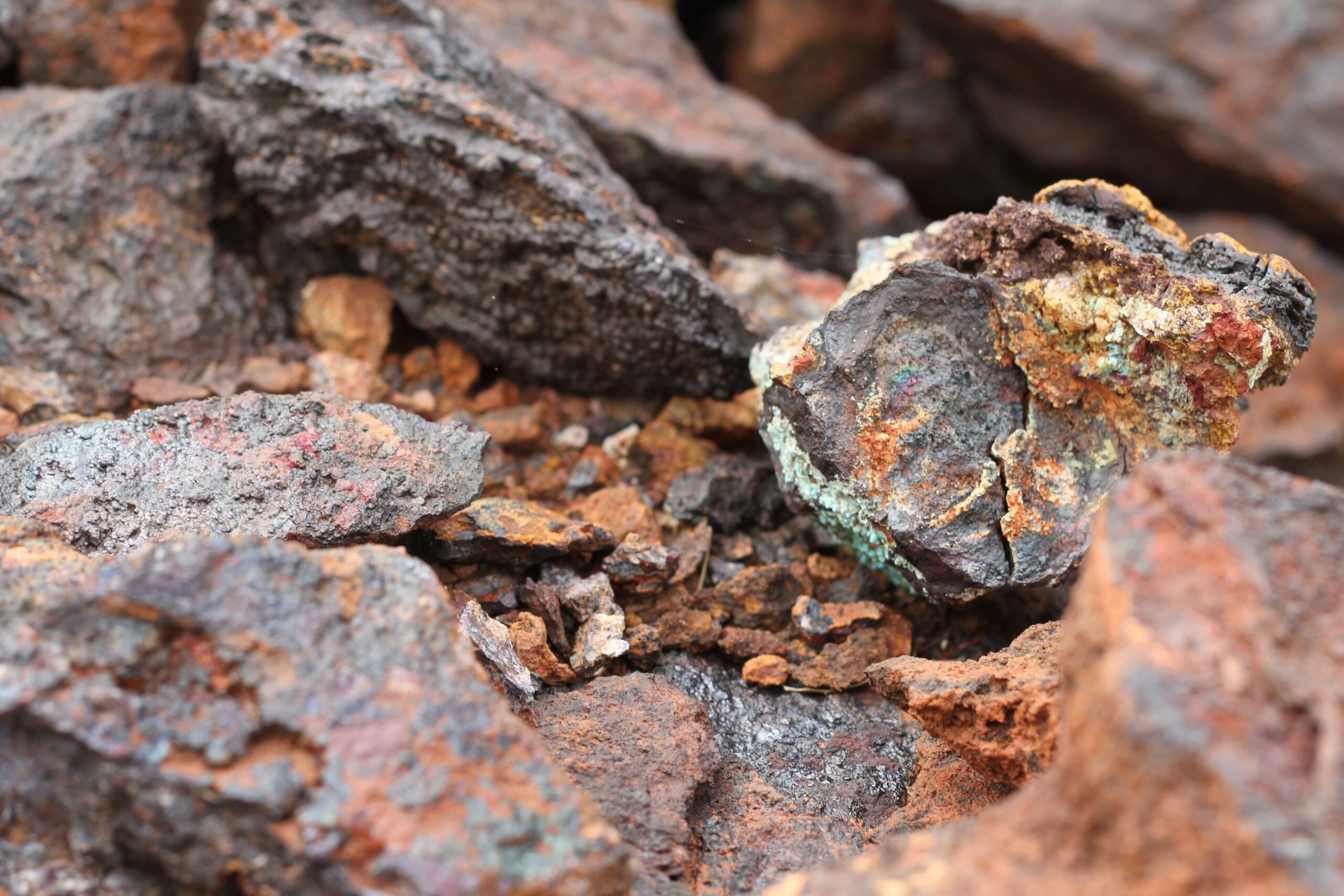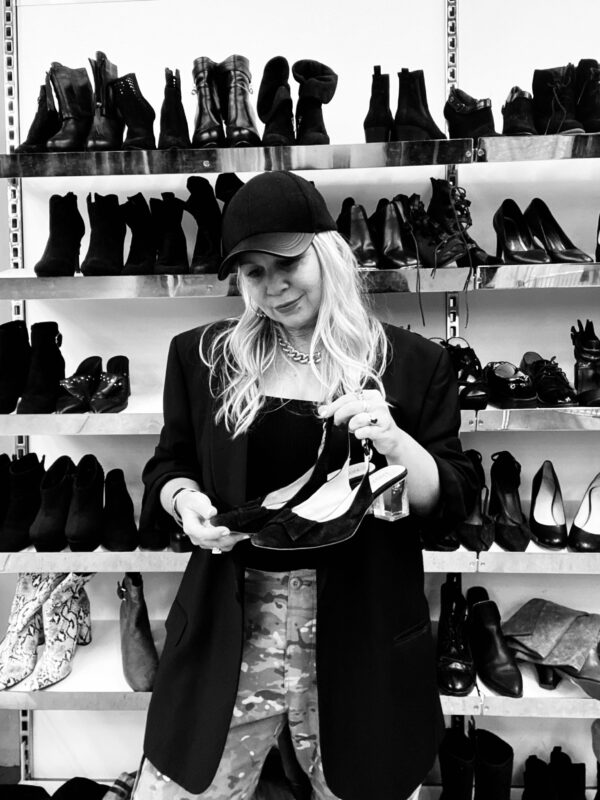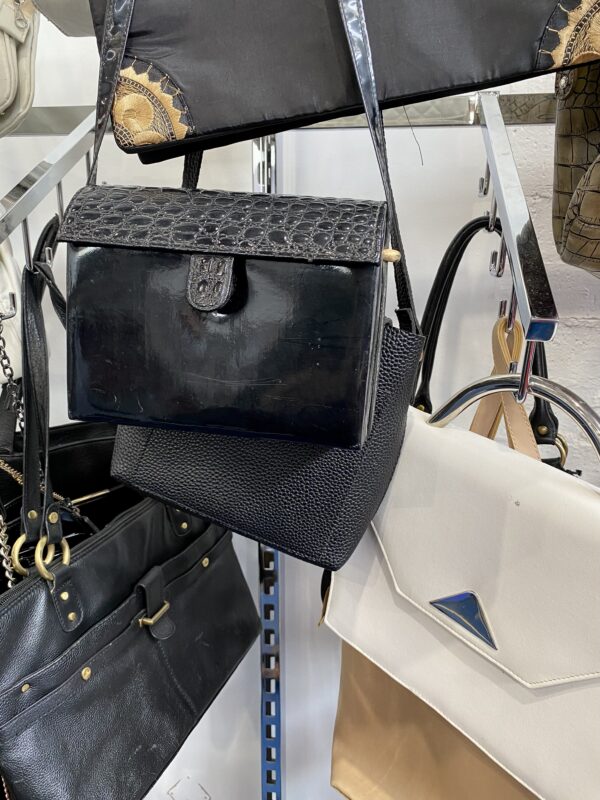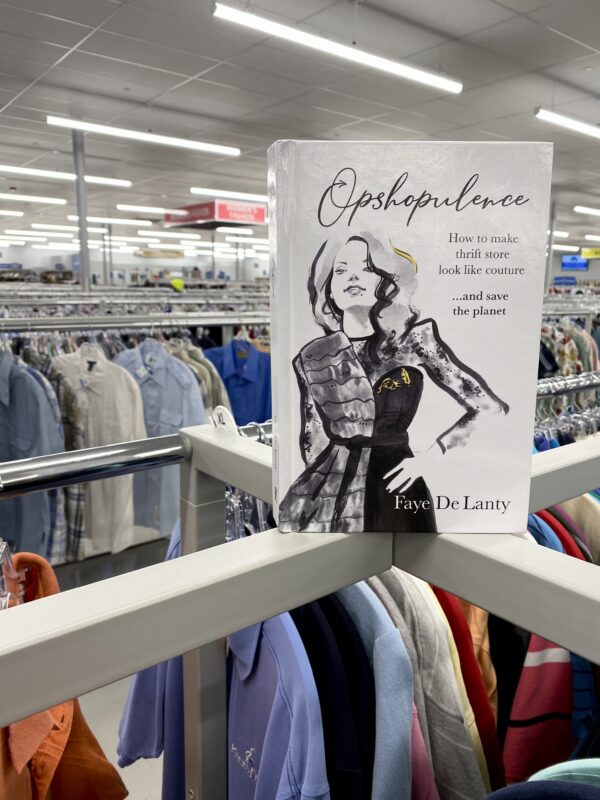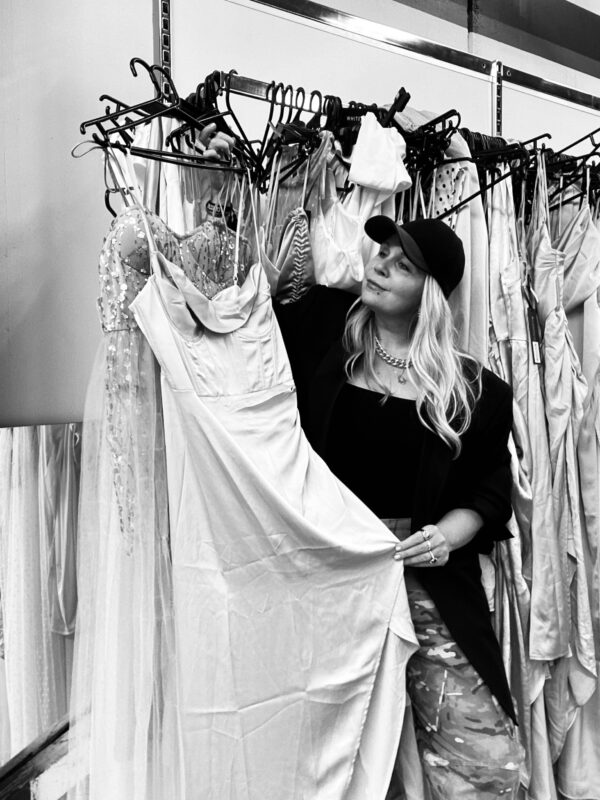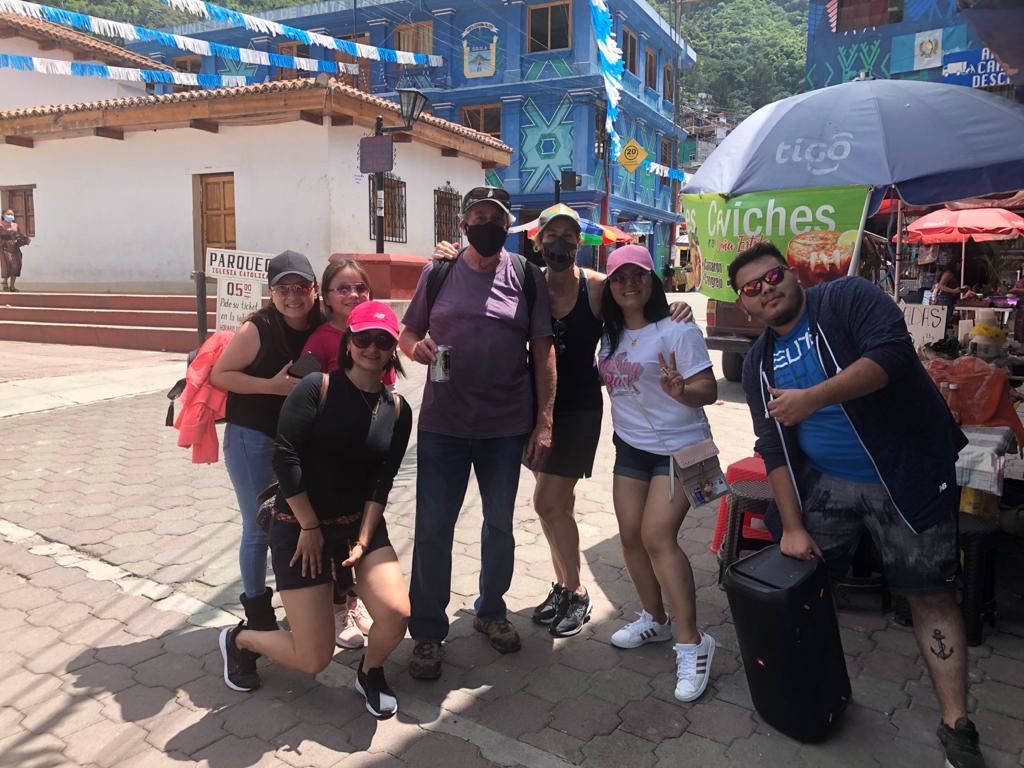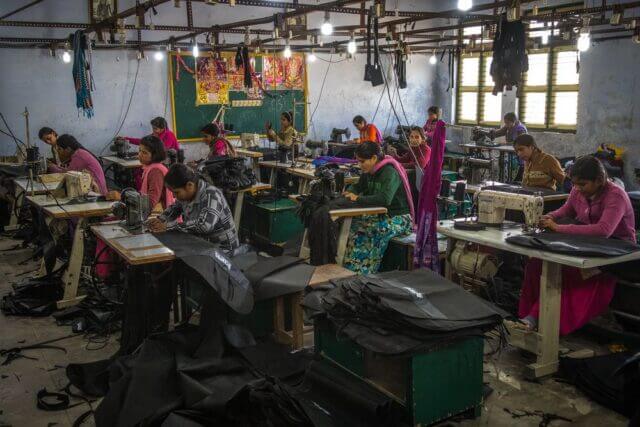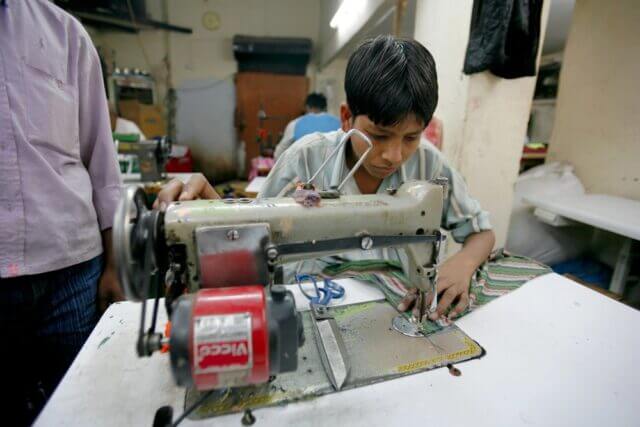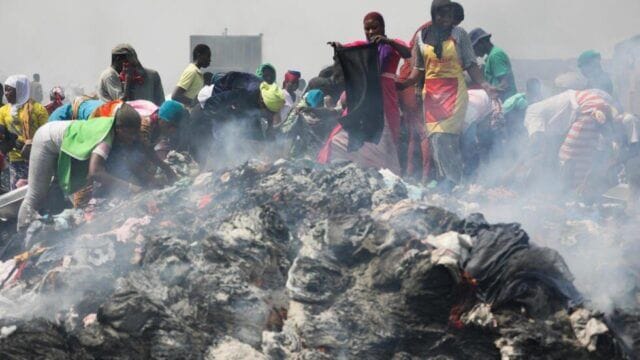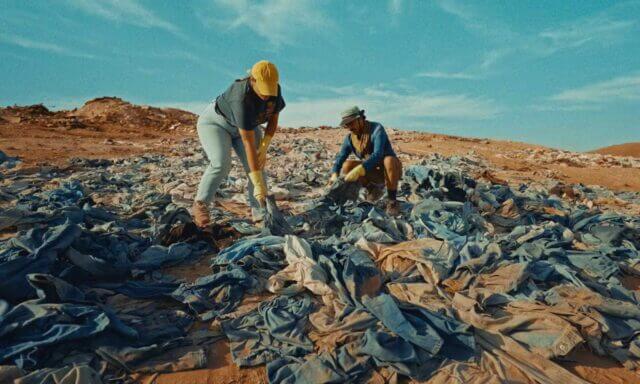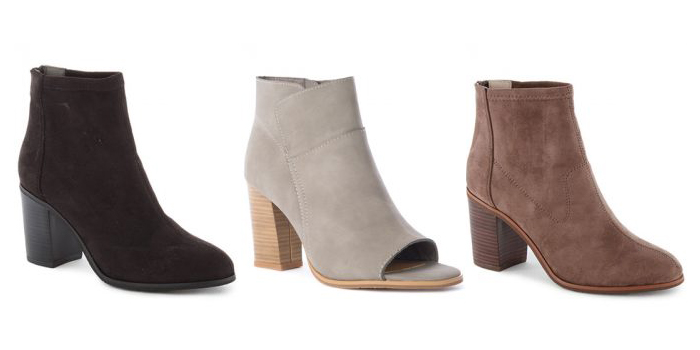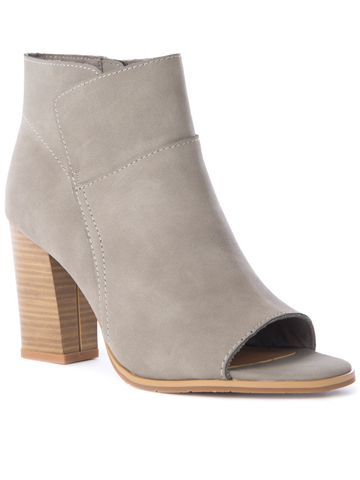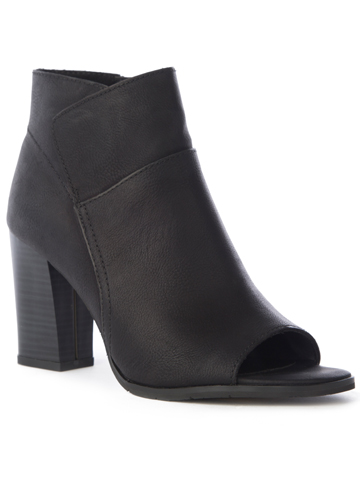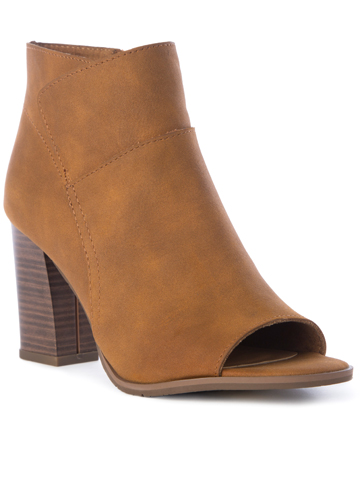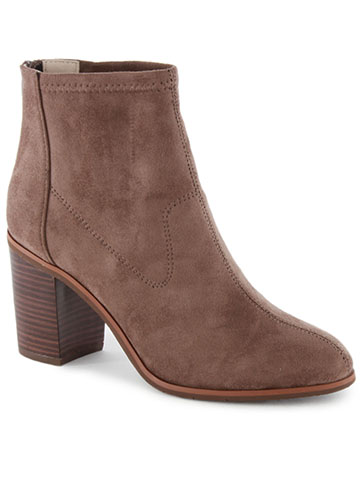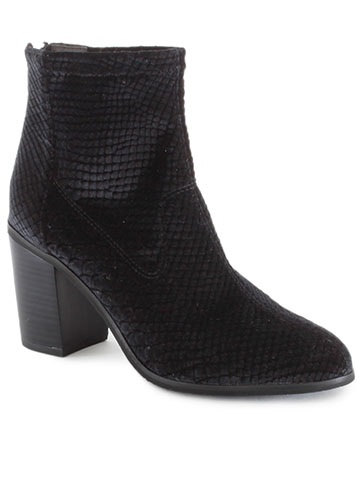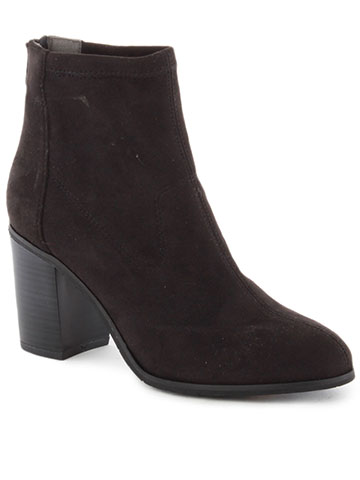We all know that slippers keep our feet warm, but what if they could offer reflexology and relaxation too? Simba Sleep specialises in helping you get a better night’s rest, and their cosy and stylish STORMUR slippers target pressure points for sleep. So, when I was asked to review the Simba reflexology slippers, I was more than happy to oblige.
Reflexology slippers from Simba
The brand’s slipper range includes the ROK, YLUR and STORMUR slipper. All are reflexology slippers with pressure points to help you sleep better but each is styled differently:
- The ROK range comes in men’s and women’s sizes and is made from leather in a moccasin style. It’s available in two colours.
- The STORMUR slipper, which I chose, has a wool upper with a rounder toe, clog style. It also comes in two colours – different for men and women.
- The YLUR is a cool summer sandal style so will be great for the warmer months (or when you’re painting your toes). It comes in three colours too.
Features of the Simba STORMUR Slipper
I chose the STORMUR slipper in cream as I liked the style best and thought wool would be cosy for winter. They’re a great all-round slipper with some killer features to boot:
Pressure points to sleep better
All of Simba’s reflexology slippers feature nine gel-filled pressure points that gently massage key reflexology acupoints on your feet. These are designed not only to help you sleep better but to improve your overall health and well-being too as they massage all pressure points simultaneously.
This can also increase your blood circulation and even help reduce pain.
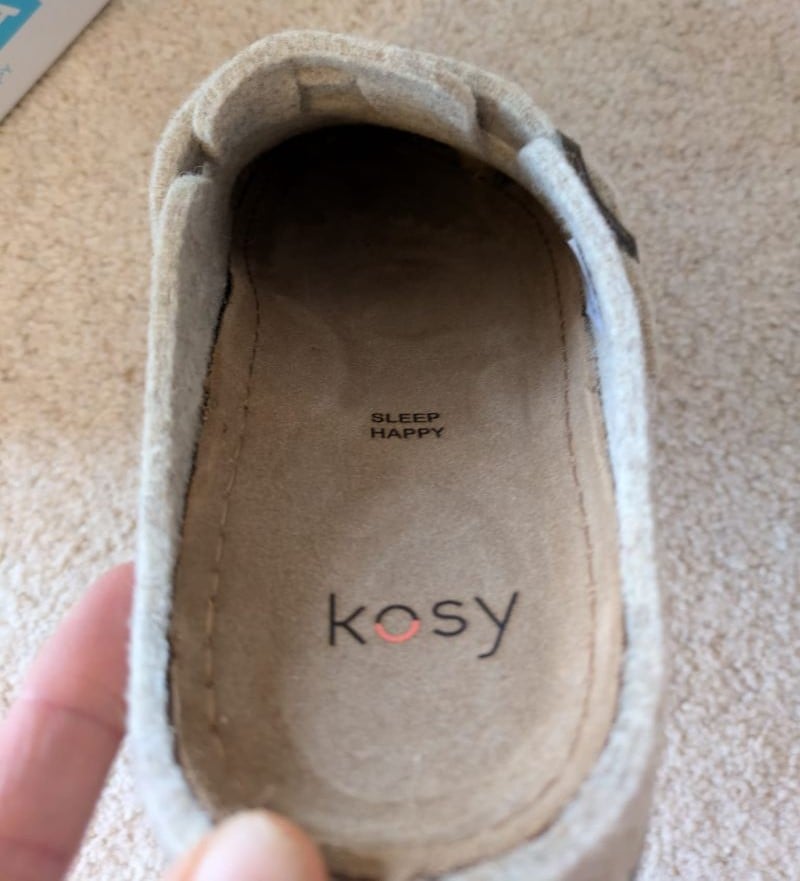
Stylish
It probably won’t be the main reason you buy these slippers, but I can’t stress enough how effortlessly stylish they are. You may choose slippers for comfort over style, but with Simba’s slippers, you can have both.
Coming in cream/beige and dark grey for women and green and dark grey for men, there’s a good selection of colours. Their YLUR and ROK slippers come in their own colourways too.
Inside and Outdoor Wear
The other thing I really like about these slippers is being able to wear them outside as well as in. I haven’t been to the shops in them yet, but I’ve taken the bins out and ventured into the garden. A small thing but it does make them very practical. They’d hold their own perfectly well on a trip out too.
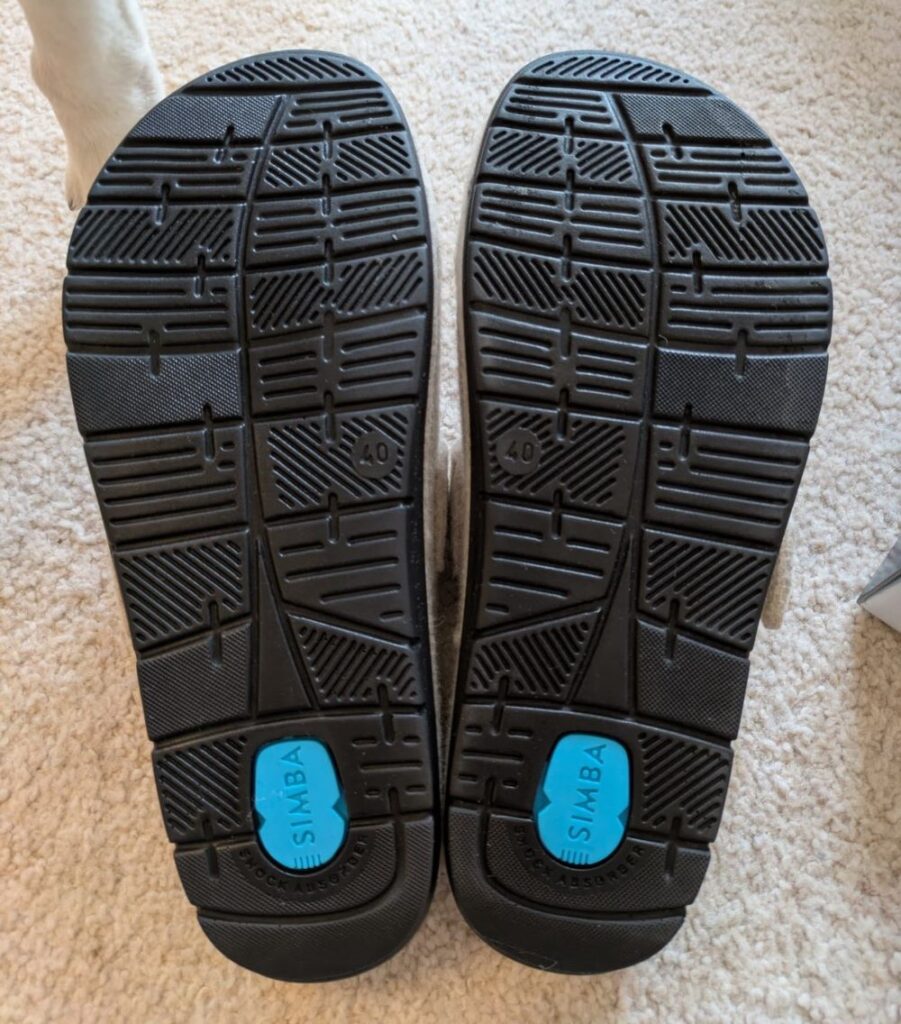
Comfort and adjustability
The STORMUR slippers, with their leather insole, are soft and comfortable without socks although the wool has a less smooth feel. They’re perfect with socks too, the brighter the better!
Something else which helps a lot is the adjustable strap. The website recommends sizing up, so I took a size bigger than my usual shoe size. My feet have flattened out since having children and my usual 39 often feels too tight, however, I did find the size 40 big for me. So being able to tighten them was essential.
Natural materials
Simba’s reflexology slippers are made with merino wool and a calf leather sole. There is a polyether cork effect midsole and polyether and rubber non-slip rubber outsole. Due to the natural materials used next to the skin, they are also highly breathable, so you won’t get sweaty feet while wearing them.
These materials are also more resistant to dirt, wear and tear. I must agree with this, I’ve been wearing my cream slippers for a couple of months now and the colour hasn’t changed at all.
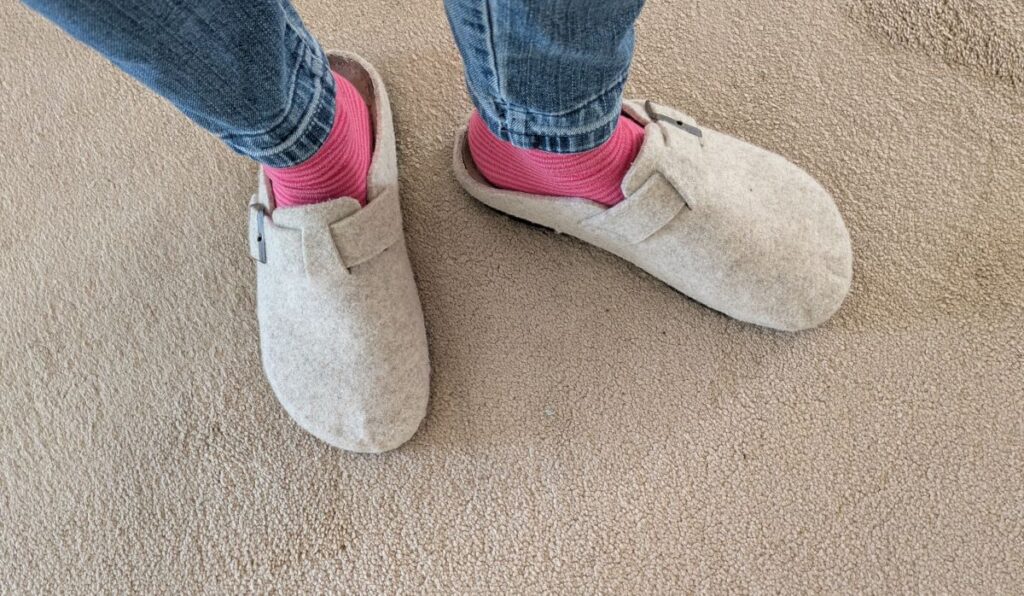
Returnable
All of Simba’s accessories can be returned within 14 days, so if you don’t like them you can simply send them back.
Sustainability
Simba’s slippers are made with a mix of natural and synthetic materials, and there is not much information on their website about their sustainability criteria. However, Simba Sleep is a certified B Corporation which gives me a lot of comfort.
B Corporation-certified companies adhere to the highest social and environmental standards. Simba scores 97.5 on the B Corp scale, whereas the average company scores 50.9. It takes a score of 80 to become a B Corp and Simba well exceeds that.
Some of the things it’s doing that influence this score include its commitment to reduce its greenhouse gas emissions using science-based targets and its aim to become net zero by 2030.
The brand also cares about being transparent and publishes a list of its factories.
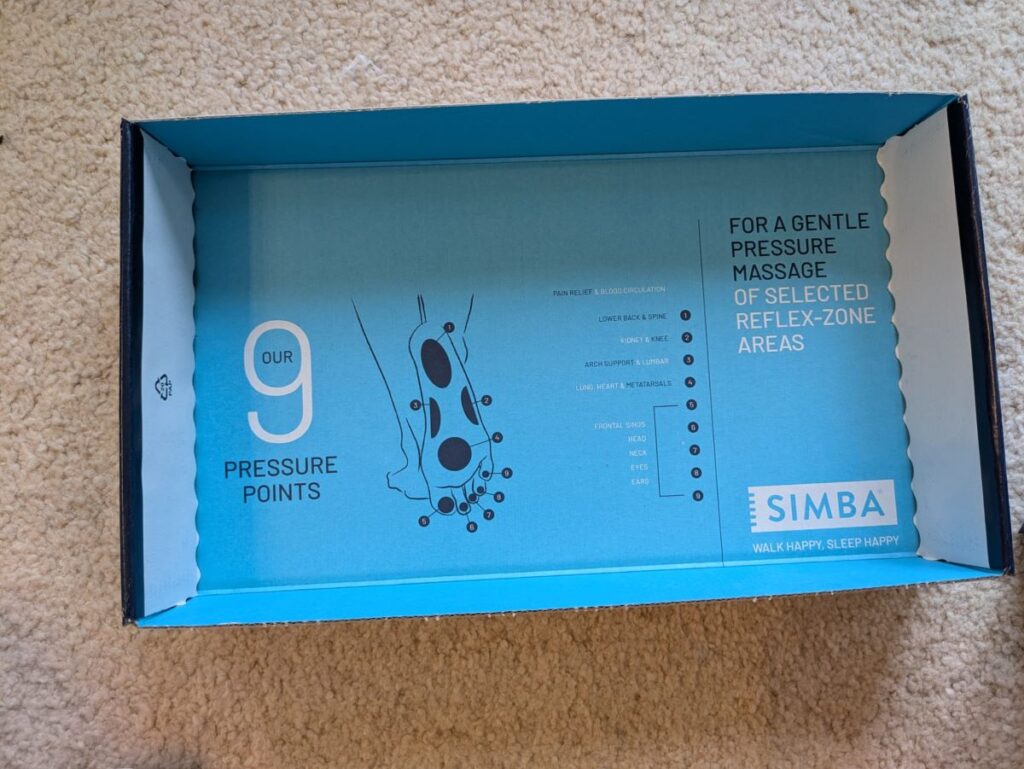
Simba supports The Sleep Charity too and has launched the Simba Sleep Dream Space. Simba’s Dream Space was set up to try to alleviate the very real problem of Bed Poverty in the UK. It affects over 5 million families, who struggle to afford a bed for their children. It’s estimated that 11% of UK children either share a bed or sleep on the floor.
Simba, alongside its partner charities, donates bed bundles to children who need them, consisting of a bed base, mattress, duvet, pillow and mattress protector. They have also donated mattresses to homeless people in the UK.
The brand was also in Retail’s top 5 companies to work for in 2024.
Packaging
I love that my slippers arrived in recycled and recyclable packaging with no plastic to be seen. I wish more brands would do this!
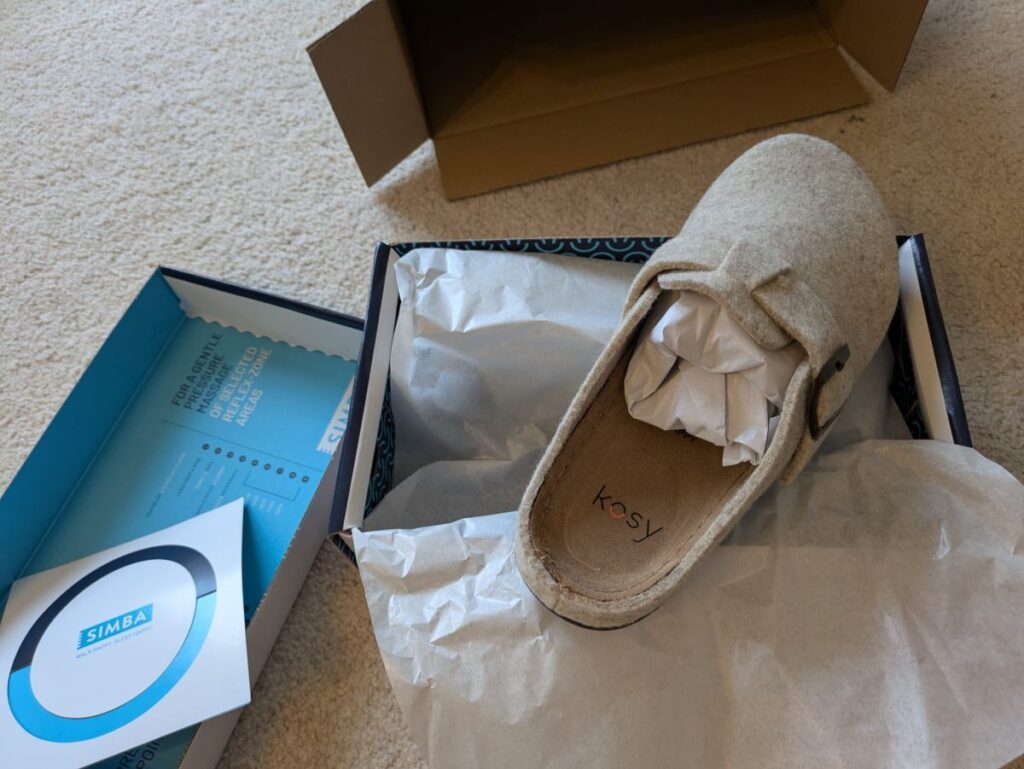
Simba Sleep Reflexology Slippers: Are They Worth It?
If you are looking for a natural pair of slippers that can improve your health and well-being while being stylish to boot, check out Simba’s STORMUR, ROK and YLUR slippers. I love my STORMURs, they are soft and cosy on my feet, breathable, practical and possibly the most good-looking slippers I’ve ever owned! You can also rest assured that they are made by a company that cares and is doing its bit for the environment and people too.
For more eco-friendly slippers, check out our guide.

